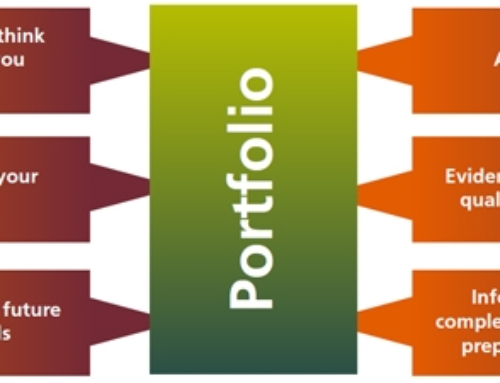Introduction to Employability Skills
WHAT IS EMPLOYABILITY?
Employability has been defined as “the capability of getting and keeping satisfactory work”.
WHAT ARE EMPLOYABILITY SKILLS?
Employability skills have been defined as:
“A set of achievements, understandings and personal attributes that make individuals more likely to gain employment and to be successful in their chosen occupations”. Peter Knight & Mantz Yorke (HEFCE/DfES ESECT group)
“A set of attributes, skills and knowledge that all labour market participants should possess to ensure they have the capability of being effective in the workplace – to the benefit of themselves, their employer and the wider economy.” CBI
You may also see these skills referred to as transferable skills (because skills developed in one area of your life can be transferred to other areas) or personal skills. In the context of your career planning and development, they are called career management skills.
Other factors that help to make people employable include:
- knowledge and abilities relating to a particular job;
- the ability to identify suitable job opportunities;
- self-presentation (on applications and at interviews)
- external factors such as the job market and personal circumstances.
See all the main employability skills here
A DEGREE IS NOT ENOUGH
You can’t rely on your degree alone to automatically open doors after you graduate. It will certainly unlock doors – in other words it will make you eligible to apply for jobs that specify “must be a graduate”, and the subject or class of your degree may also be important to certain employers. But however good your degree class, however relevant your subject to the career that you’ll be applying for, it is likely that you will be competing for this job with a number of other graduates who are equally well-qualified academically.
Once your degree has unlocked the door, you’ll need the right mix of skills, abilities and personal qualities in order to turn the handle and give the door the push that will open it to you.
MAKING CHOICES
Before doing this, of course, you need to have chosen the right door. Your degree subject and academic ability may influence this choice, but your skills, values, interests and personality will be just as important in making final decisions on your choice of career.
NOTHING IS CERTAIN
This does not mean that your degree is irrelevant to employers – the subject and standard of your degree may be essential or useful in helping you enter your chosen career – but it does mean that, in parallel with your studies, you should aim to develop skills that will be of help to you in your future career as such skills are sought by all kinds of employers. The skills you should be developing are the skills that reflect your own personality, interests and abilities – as these are the qualities that will influence your eventual choice of career.THINK AHEAD
WHAT SKILLS DO EMPLOYERS EXPECT FROM GRADUATES?
Employers look for a range of skills in graduate applicants, many of which are common to a number of different career areas. Those most frequently mentioned are communication, teamworking, leadership, initiative, problem-solving, flexibility and enthusiasm.
Many skills overlap with one another. Leadership, for example, encompasses a number of other skills including cooperating with others, planning & organising, making decisions and verbal communication. Verbal communication itself involves various means of communication, some of which you may find easier than others – talking over the phone, making a presentation to a group or explaining something to a person with a more limited understanding of the topic. By improving one skill, you may also improve in a number of others.
Employability Skills
Specific Skills
|
|





